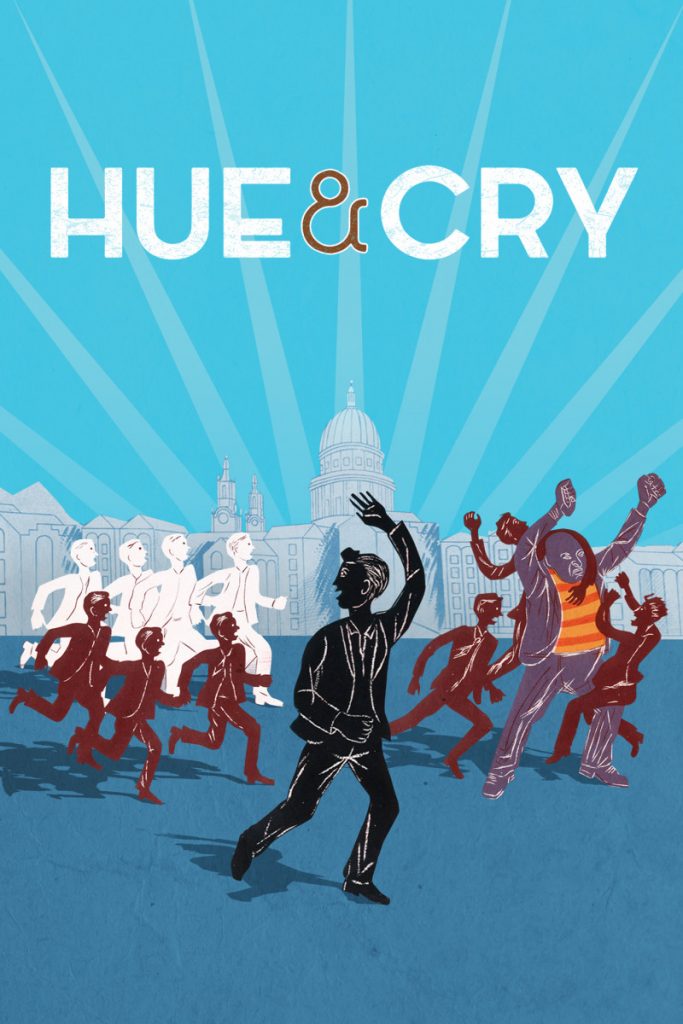

Other sources indicate that it has always been a somewhat redundant phrase meaning an outcry and cry, though such "redundancy" is a feature of the legal doublet. It is possible that the term is an Anglicization via Anglo-French of the Latin hutesium et clamor, meaning "a horn and shouting". The oath of office for constables in Tennessee, USA specifically mentions that it is the duty of the constable to sound the hue and cry. Those who raised a hue and cry falsely were themselves guilty of a crime. It was moreover provided that "the whole hundred … shall be answerable" for the theft or robbery committed, in effect a form of collective punishment. All able-bodied men, upon hearing the shouts, were obliged to assist in the pursuit of the criminal, which makes it comparable to the posse comitatus. capitulum 4, it was provided that anyone, either a constable or a private citizen, who witnessed a crime shall make hue and cry, and that the hue and cry must be kept up against the fleeing criminal from town to town and from county to county, until the felon is apprehended and delivered to the sheriff. In common law, a hue and cry is a process by which bystanders are summoned to assist in the apprehension of a criminal who has been witnessed in the act of committing a crime.īy the Statute of Winchester of 1285, 13 Edw. JSTOR ( December 2009) ( Learn how and when to remove this template message).Unsourced material may be challenged and removed. Please help improve this article by adding citations to reliable sources.

This article needs additional citations for verification.


 0 kommentar(er)
0 kommentar(er)
